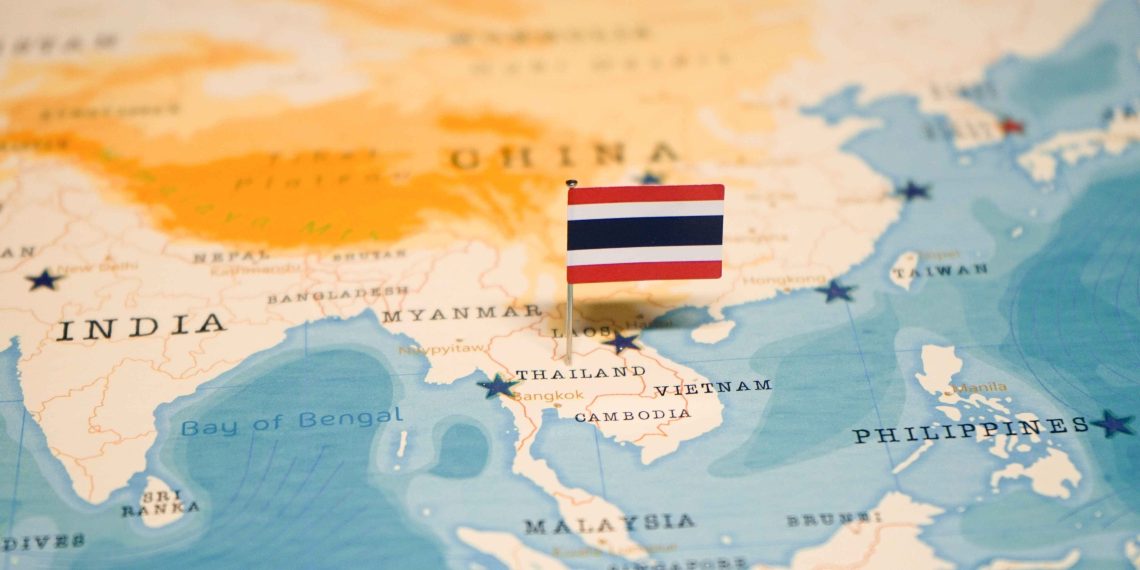Thailand is moving forward with its efforts to join BRICS, a coalition of emerging economies comprising Brazil, Russia, India, China, and South Africa. Following the Thai Cabinet’s approval of a draft application in May, the country submitted a formal letter of intent at the BRICS Foreign Ministers’ meeting in Russia. This initiative reflects Thailand’s broader strategy to enhance its international cooperation and economic resilience, especially amidst shifting global economic dynamics.
According to Nikorndej Balankura, spokesperson for the Foreign Ministry, Thailand sees BRICS as playing a crucial role in strengthening multilateralism and economic ties within the Global South, aligning with the nation’s strategic interests. As the bloc now accounts for over $28 trillion of the global $100 trillion economy, BRICS is increasingly viewed as an alternative to Western-led financial institutions like the World Bank and the International Monetary Fund (IMF). Its initiatives, such as the New Development Bank, aim to create financial systems that reduce reliance on the U.S. dollar.
However, concerns have emerged regarding the bloc’s evolving geopolitical stance. Thitinan Pongsudhirak, a political science professor at Chulalongkorn University, argues that BRICS has shifted from its original geo-economic focus to a more overtly anti-Western agenda, driven by key members like China and Russia. This realignment has made some Southeast Asian nations, such as Indonesia, hesitant to join, preferring to maintain a non-aligned foreign policy.
Despite these concerns, Thailand’s interest in joining BRICS is driven by pragmatic economic considerations. With China being Thailand’s largest trading partner—bilateral trade reached $135 billion in 2023—the decision to seek BRICS membership could be influenced by the desire to deepen economic ties and diversify financial options. Analysts like Ian Chong of Singapore highlight that the current Thai administration may view BRICS membership as a way to secure economic support during crises and enhance the country’s strategic flexibility in navigating global economic uncertainties.
For Thailand, BRICS represents an opportunity to expand its influence beyond regional borders and strengthen its voice in international forums. Joining the bloc could bring significant benefits, such as improved access to development financing, increased trade opportunities, and partnerships in food and energy security. Additionally, BRICS membership could elevate Thailand’s role as a key player in the Global South, allowing it to bridge gaps between various international groupings and promote a multipolar world order.
However, skepticism persists. Some experts caution that Thailand’s bid might play into the agenda of major BRICS members, particularly China and Russia, whose growing influence has sparked concerns about the bloc’s anti-Western leanings. Thitinan warns that joining BRICS may entangle Thailand in geopolitical tensions, potentially compromising its long-standing policy of neutrality.
Thailand’s approach to BRICS membership signals a strategic effort to balance relations between major global powers while advancing its own economic interests. As Foreign Minister Maris Sangiampongsa reiterated during a media event in Bangkok, the country is committed to engaging with all partners and enhancing synergies across different international organizations. He emphasized that Thailand’s goal is to reassert itself as a significant global player and that joining BRICS is part of this broader strategy.





















